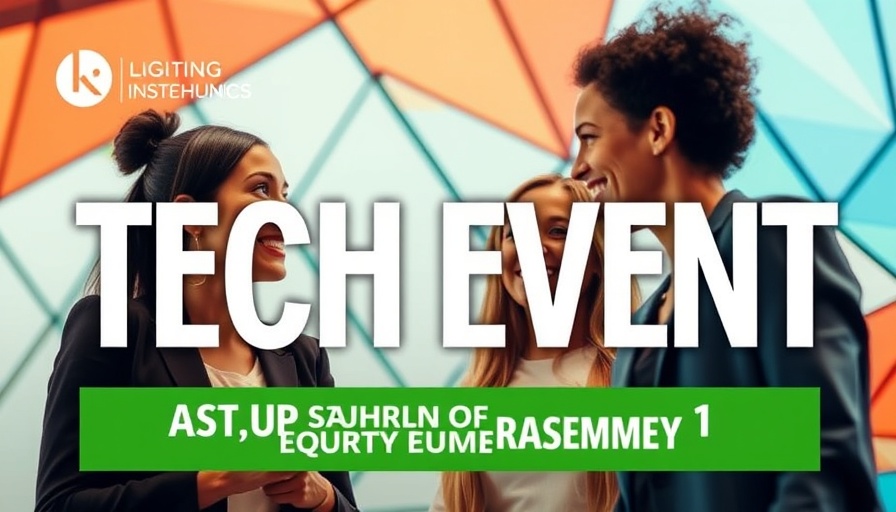
The Intersection of AI and Film: A Bold Move
In a world increasingly driven by technology, Fable—a startup poised to revolutionize content creation—has set its sights on Orson Welles’ elusive masterpiece, The Magnificent Ambersons. Backed by Amazon’s Alexa Fund, this venture signifies a high-stakes gamble where cutting-edge artificial intelligence meets classic cinema. The ambitious project aims to resurrect lost scenes from the 1942 film, a task that not only pays homage to Welles' vision but also pushes the boundaries of what AI can achieve in storytelling.
Why Choose Orson Welles?
Welles’ cinematic legacy is paradoxical. While Citizen Kane often takes the spotlight as one of the greatest films, The Magnificent Ambersons is remembered for its tragic cuts and the artistic whiplash that defined Welles’ tumultuous career. Choosing to recreate what many consider a lost masterpiece illustrates Fable's decision to dive deep into film history, exploring narratives that evoke emotion and curiosity. It's not just about reviving forgotten narratives; it's a bold statement on the capacity of AI as a tool for artistic resurrection.
AI as a New Storytelling Medium
Fable’s technology enables the generation of complex narratives using AI, making this project particularly noteworthy. With existing tools that let users create their own cartoons, the startup is now venturing into uncharted territory by embarking on ambitious recreations of Hollywood’s bygone eras. This leap raises questions: How will AI reshape the storytelling landscape? What does it mean for the narratives of our past? Fable's move could pave the way for future innovations in content creation, setting the stage for a new breed of interactive storytelling.
Challenges in Rights and Permissions
Yet, significant hurdles remain. Fable has not secured the rights to The Magnificent Ambersons, which positions this project more as a tech demonstration than a full-fledged revival. This lack of authorization sparks discussions about ownership in the digital age, especially as startups like Fable seek to navigate the realm of intellectual property. If this endeavor is to succeed and flourish, it will require a careful balancing act of creativity and legal navigation.
Impact on Startups: Lessons from Fable's Journey
Fable's journey reveals critical lessons for upcoming tech startups. Entrepreneurs considering entering the AI and content creation space can draw insights from Fable’s approach to idea selection and market positioning. Identifying niche opportunities—much like selecting an obscure film for re-creation—can differentiate a startup in a crowded field. Moreover, understanding the nuances of intellectual property rights is vital, as the intersection of creativity and legality can make or break tech startups.
The Future of AI in Content Creation
As AI technology evolves, startups like Fable will likely lead the charge in transforming how we consume and interact with media. With its unique focus on classic cinema, Fable exemplifies a trend wherein technology does not just retell stories but reimagines them, prompting audiences to reflect on the narratives that shaped our cultural landscape. This trajectory opens avenues for collaboration between AI developers and storytellers, further enriching the creative process.
Conclusion: A Call to Action for Aspiring Entrepreneurs
Fable's innovative yet contentious endeavor illustrates the boundless potential of technology in storytelling while highlighting significant challenges inherent to intellectual property in the digital realm. For those intrigued by the intersection of startups and technology, now is an ideal time to explore this evolving landscape. Those considering new ventures should leverage these insights, tapping into the thriving environment around small business startup ideas and funding dynamics. Whether you’re eyeing business startup grants, loans, or strategies, understanding the intricacies of this field will equip you for success. Embrace the lessons Fable has to offer as you embark on your entrepreneurial journey—because the future of storytelling and innovation awaits.
 Add Row
Add Row  Add
Add 



Write A Comment